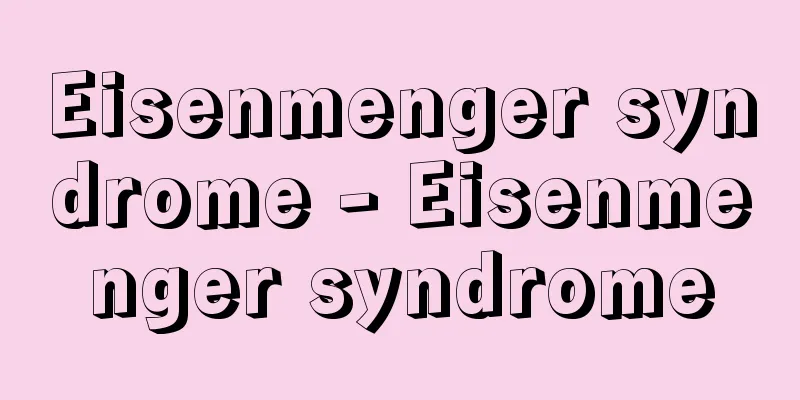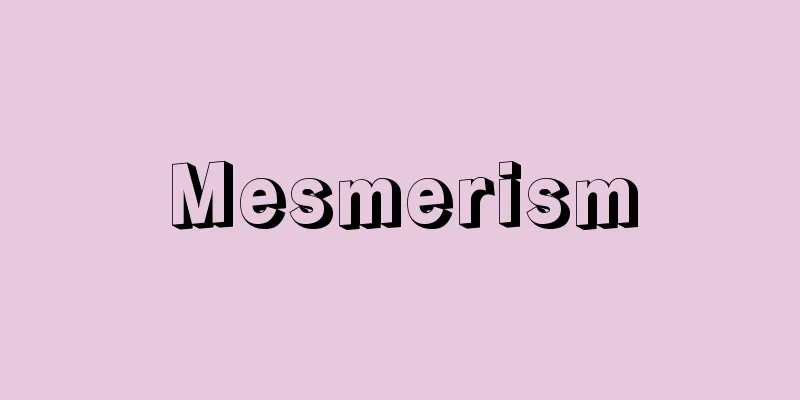Kinnou - Kinnou

|
Paying taxes in currency. Before the Kamakura period, taxes were mainly paid in the form of goods, but in the Kamakura and Muromachi periods, rice tax (denso) was paid in cash along with grain, and temporary expenses such as tansen and munebetsusen were also paid in currency. In the Edo period, rice tax was paid in principle, but with the development of a monetary economy, kokudainou (stone payment) was paid in currency instead of rice, and for small items, monetary payment was promoted more widely. The shogunate maintained rice payment and took measures to limit stone payment, but the trend toward monetary payment could not be stopped. With the land tax reform that began in 1873 (Meiji 6), the old system of payment in kind for tributes was abolished, miscellaneous taxes were reorganized and consolidated, and land tax became the main tax. Regarding land tax, the land price was set as the tax base, and the tax rate was set at 3/100 of the land price (however, rent paid to the landlord was to be paid in kind). The change to paying land tax in money was of great significance in terms of establishing a modern financial system, but since the farm economy at the time had not yet fully become a monetary economy, it led to many problems, such as the decline of small farmers. [Isao Denda] Source: Shogakukan Encyclopedia Nipponica About Encyclopedia Nipponica Information | Legend |
|
貨幣で租税を納めること。租税は、鎌倉時代以前においては物品の貢納が主であったが、鎌倉・室町時代には田租(でんそ)は穀納とともに銭納が行われるようになり、臨時の支出にあてる段銭(たんせん)・棟別銭(むねべつせん)などにも銭納が行われている。江戸時代においては田畑の貢租は米納が原則とされていたが、貨幣経済の進展に伴い、米のかわりに貨幣をもって納付する石代納(こくだいのう)が行われ、さらに小物成(こものなり)については、より広く貨幣納化が進められていた。幕府は米納を維持し、石代納を制限する方策をとったが、貨幣納化の趨勢(すうせい)を止めえなかった。1873年(明治6)から開始された地租改正により、旧貢租の物納制は廃止され、雑税が整理統合されて地租が租税の中心となった。地租納入については、地価を課税基準とし、地価100分の3の税率による金納が行われることとなった(ただし地主に払う小作料は物納)。地租金納化は近代財政制度の確立のうえに重要な意義をもつものであったが、当時農家経済が十分に貨幣経済化していなかったため、小農民の没落など多くの問題が生ずることとなった。 [伝田 功] 出典 小学館 日本大百科全書(ニッポニカ)日本大百科全書(ニッポニカ)について 情報 | 凡例 |
>>: Silver Chair - Silver Chair
Recommend
Foot print
…In the broadest sense, it is the trajectory of a...
Riau Islands - Riau
A group of islands scattered in the ocean south of...
chamotte brick
...High silica bricks are made from waxstone with...
Groundbreaking ceremony
… The completed blocks are stacked by a crane on ...
NEC Corporation - Nihon Denki
Commonly known as NEC. A global manufacturer of di...
Umetsuji Spring Woodsman
1776-1857 A Confucian scholar in the late Edo per...
Maple family (English spelling) maplefamily
...The flower's meaning is "love and fer...
Seclusion - Inton
〘noun〙① To abandon worldly affairs and live in sec...
Molluginaceae
…It differs from the garnet in that it has four t...
"Epigrams"
…Martialis stayed in Rome until 98, where he had ...
Forced execution - Kyouseishikko
It is a procedure to realize a private law claim ...
Steuerhintergrund
...Actions aimed at reducing the tax burden of ta...
Leblanc, M.
…The protagonist of a series of adventure detecti...
Basire, J.
…He was born as the second son of a London clothi...
Senhime - Senhime
Year of death: 6th February 1666 (11th March 1666)...









